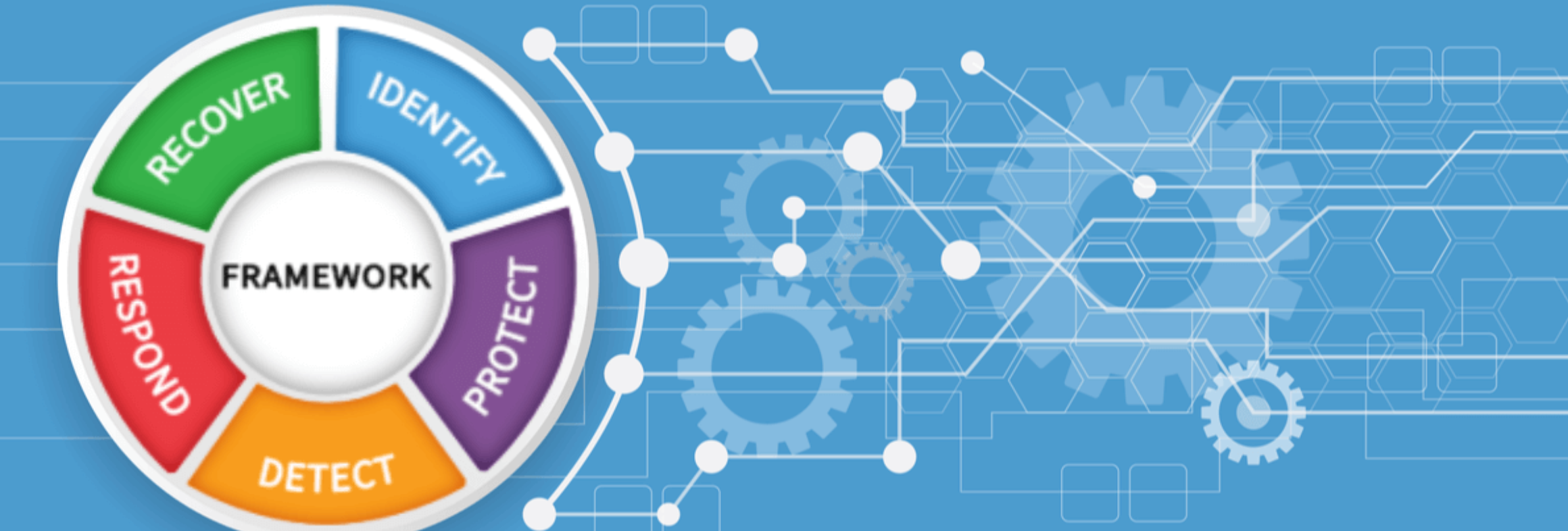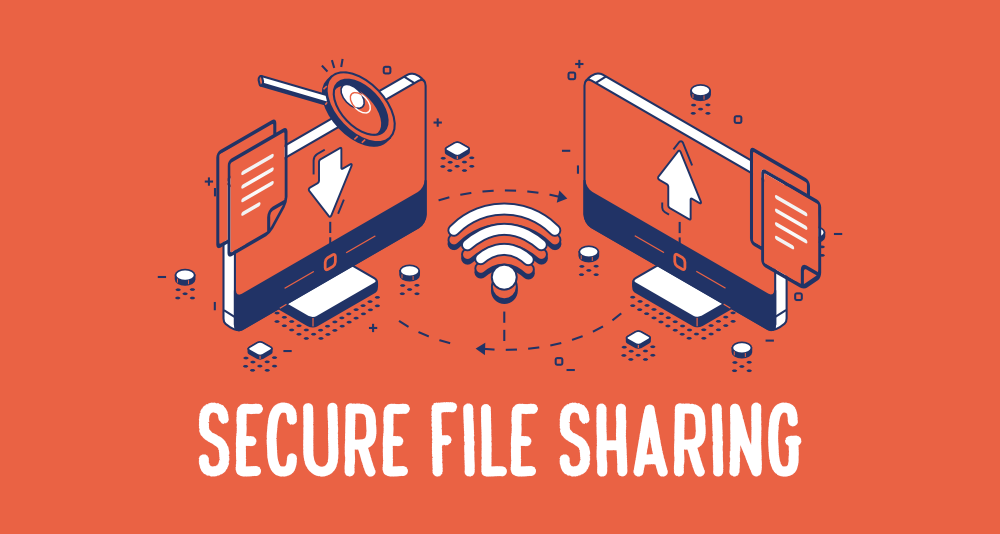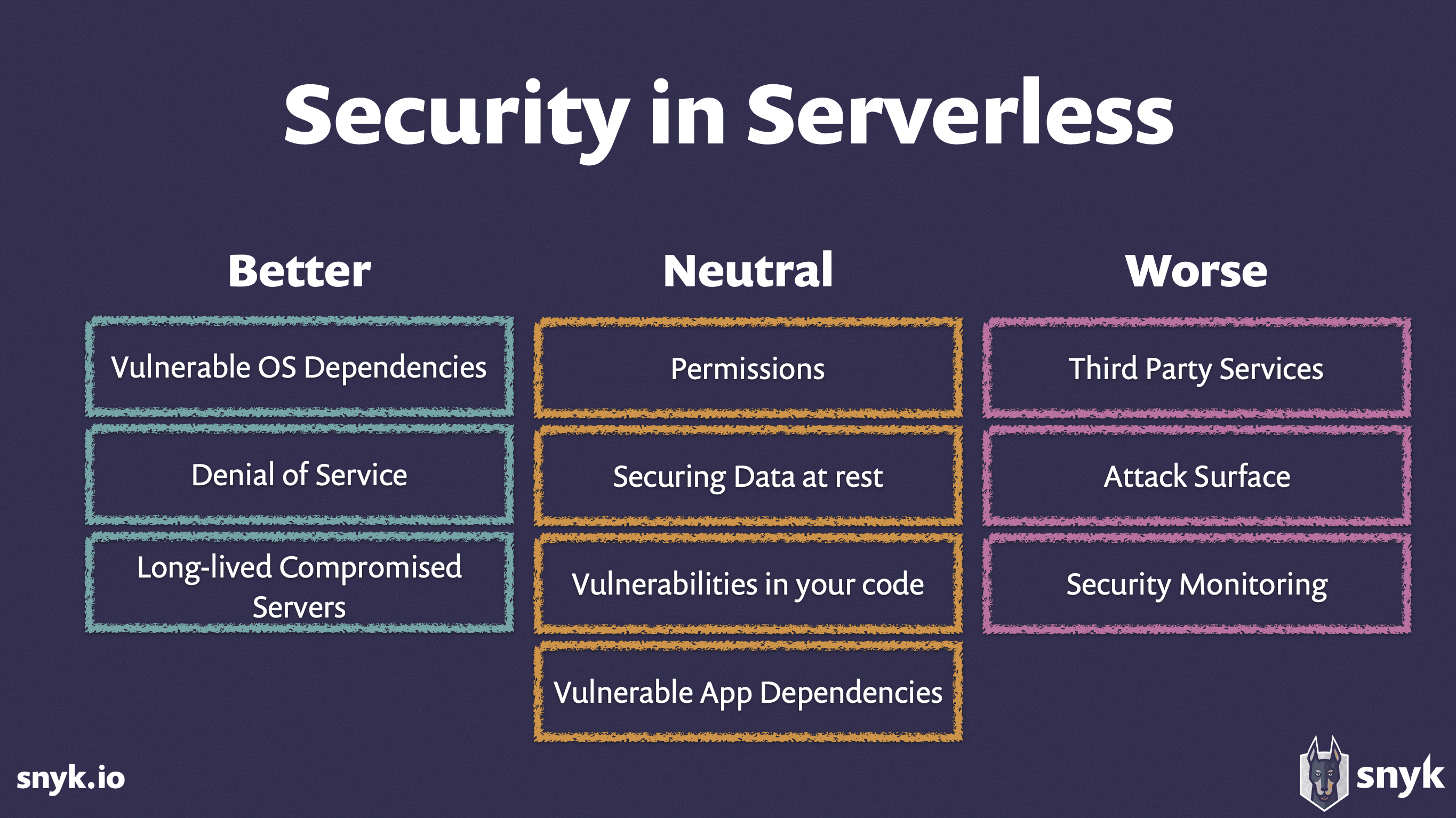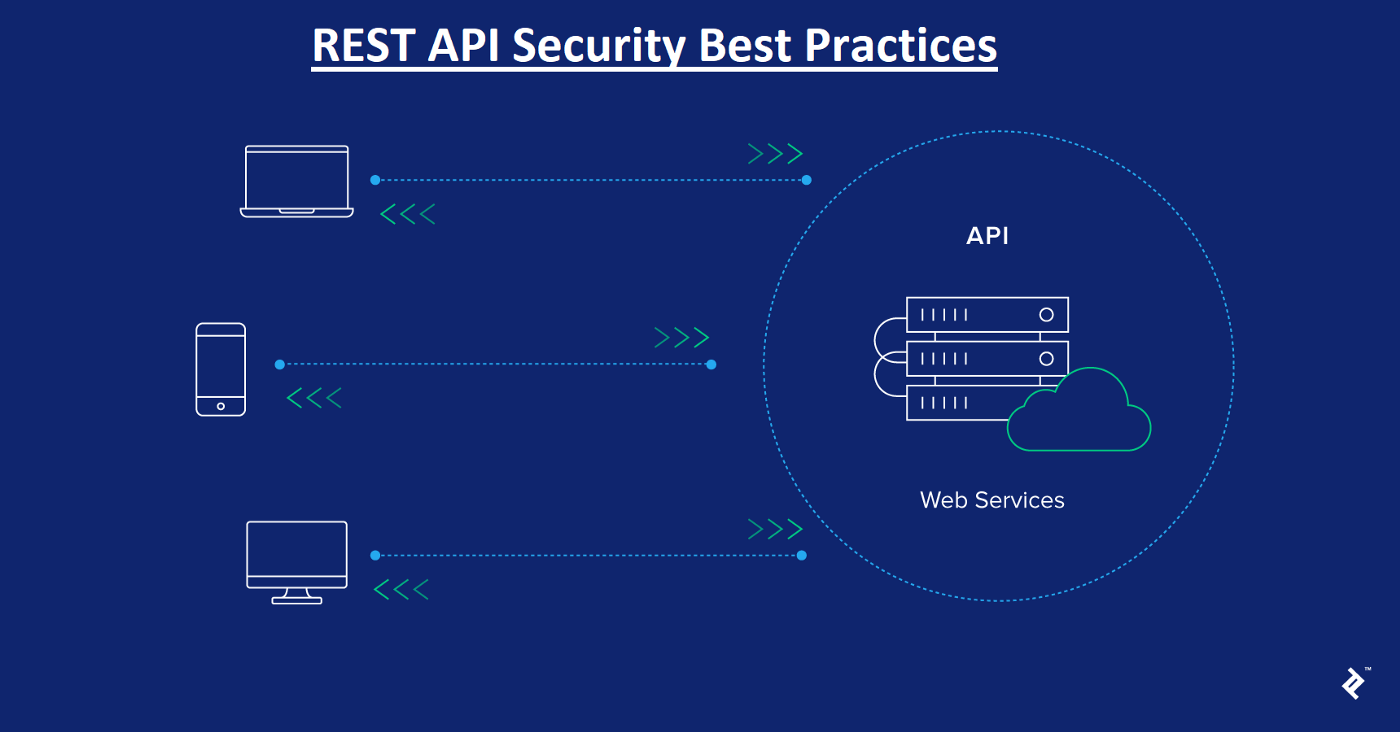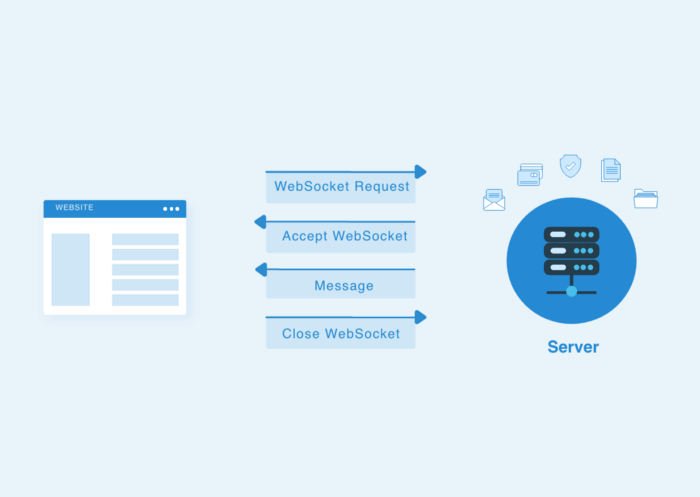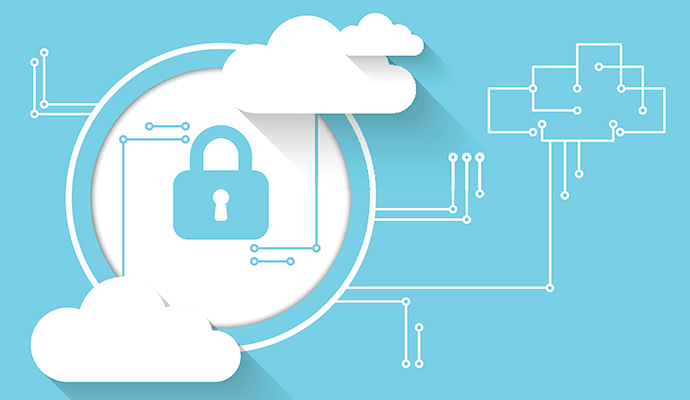
In today's digital age, the healthcare industry has increasingly embraced cloud computing to streamline operations, improve patient care, and enhance data accessibility. Cloud-based solutions offer significant advantages, such as scalability, cost-effectiveness, and enhanced collaboration. However, as healthcare organizations store and transmit sensitive patient information through the cloud, the need for robust security measures becomes paramount to comply with regulatory requirements, specifically the Health Insurance Portability and Accountability Act (HIPAA).
As Chief Information Security Officers (CISOs) hold the responsibility of safeguarding sensitive data, it is vital for them to understand the security implications of using cloud services within the framework of HIPAA regulations. In this article, we will explore the key security considerations CISOs must address when adopting cloud computing in healthcare settings.
Understanding HIPAA and its Relevance to Cloud Computing
HIPAA, enacted in 1996, aims to protect patients' sensitive health information, known as Protected Health Information (PHI), and provides guidelines for healthcare entities and their business associates regarding the proper handling and safeguarding of this data. Under HIPAA, entities are classified into two categories: Covered Entities (CEs) and Business Associates (BAs).
Covered Entities include healthcare providers, health plans, and healthcare clearinghouses, while Business Associates are third-party organizations that handle PHI on behalf of Covered Entities, such as cloud service providers.
HIPAA's Security Rule outlines the specific technical and administrative safeguards that CEs and BAs must implement to secure PHI, regardless of whether it is stored on-premises or in the cloud. As such, cloud computing solutions in healthcare must align with these HIPAA requirements.
Security Considerations for CISOs
Data Encryption and Transmission
One of the primary concerns when using cloud services is data protection during transmission and storage. CISOs must ensure that all PHI is encrypted both in transit and at rest. Strong encryption algorithms, such as AES-256, should be employed to prevent unauthorized access in case of data breaches or unauthorized access to cloud servers.
Additionally, CISOs should carefully assess cloud service providers' encryption practices, ensuring they adhere to industry best practices and HIPAA guidelines. Data should be encrypted end-to-end, ensuring that only authorized personnel can access the PHI.
Cloud Service Provider Evaluation
Selecting a reliable and HIPAA-compliant cloud service provider is crucial. CISOs must thoroughly evaluate potential providers, assessing their security measures, certifications, and compliance with industry standards. A business associate agreement (BAA) should be established with the chosen provider, outlining their responsibilities for safeguarding PHI. The BAA should include clear terms regarding data breach notifications, incident response, and the provider's obligation to comply with HIPAA regulations.
Risk Assessment and Management
Cloud-based solutions can introduce new security risks. CISOs should conduct regular risk assessments to identify potential vulnerabilities and threats. These assessments should encompass the cloud infrastructure, data handling processes, user access controls, and physical security at data centers. Based on the findings, risk management strategies should be devised and implemented to mitigate identified risks effectively.
Access Controls and Identity Management
Ensuring appropriate access controls and identity management is vital in protecting PHI. CISOs should implement multi-factor authentication (MFA) to bolster user authentication and prevent unauthorized access. Role-based access control (RBAC) should be enforced, granting employees access only to the data necessary for their job roles. Regular audits of user access privileges should be conducted to identify and rectify any discrepancies.
Data Backup and Disaster Recovery
Healthcare organizations must have robust data backup and disaster recovery plans in place. CISOs should collaborate with cloud service providers to ensure data is regularly backed up and that disaster recovery mechanisms are tested and updated. This ensures that in case of data loss or system failure, PHI can be promptly restored without compromising patient care or privacy.
Incident Response and Reporting
Even with robust security measures, incidents may still occur. CISOs should establish a well-defined incident response plan that includes procedures for identifying, containing, and resolving security breaches. Timely reporting of breaches to the affected individuals, the Department of Health and Human Services (HHS), and other relevant authorities is essential to comply with HIPAA's Breach Notification Rule.
Ongoing Monitoring and Auditing
Continuous monitoring of cloud infrastructure, data access, and user activities is crucial to detect and address security incidents promptly. Regular audits should be performed to ensure compliance with security policies, HIPAA regulations, and the established controls. These audits not only enhance security but also help identify areas for improvement and potential vulnerabilities.
Conclusion
Cloud computing offers numerous benefits to the healthcare industry, facilitating efficiency and collaboration. However, CISOs must exercise utmost diligence in safeguarding sensitive patient data while leveraging cloud services. Adhering to HIPAA's regulatory requirements ensures that healthcare organizations remain compliant and continue to provide high-quality patient care without compromising patient privacy and security. By implementing robust security measures, carefully selecting trustworthy cloud service providers, and regularly assessing and updating security practices, CISOs can confidently navigate the intersection of HIPAA and cloud computing, creating a secure and efficient healthcare ecosystem.
